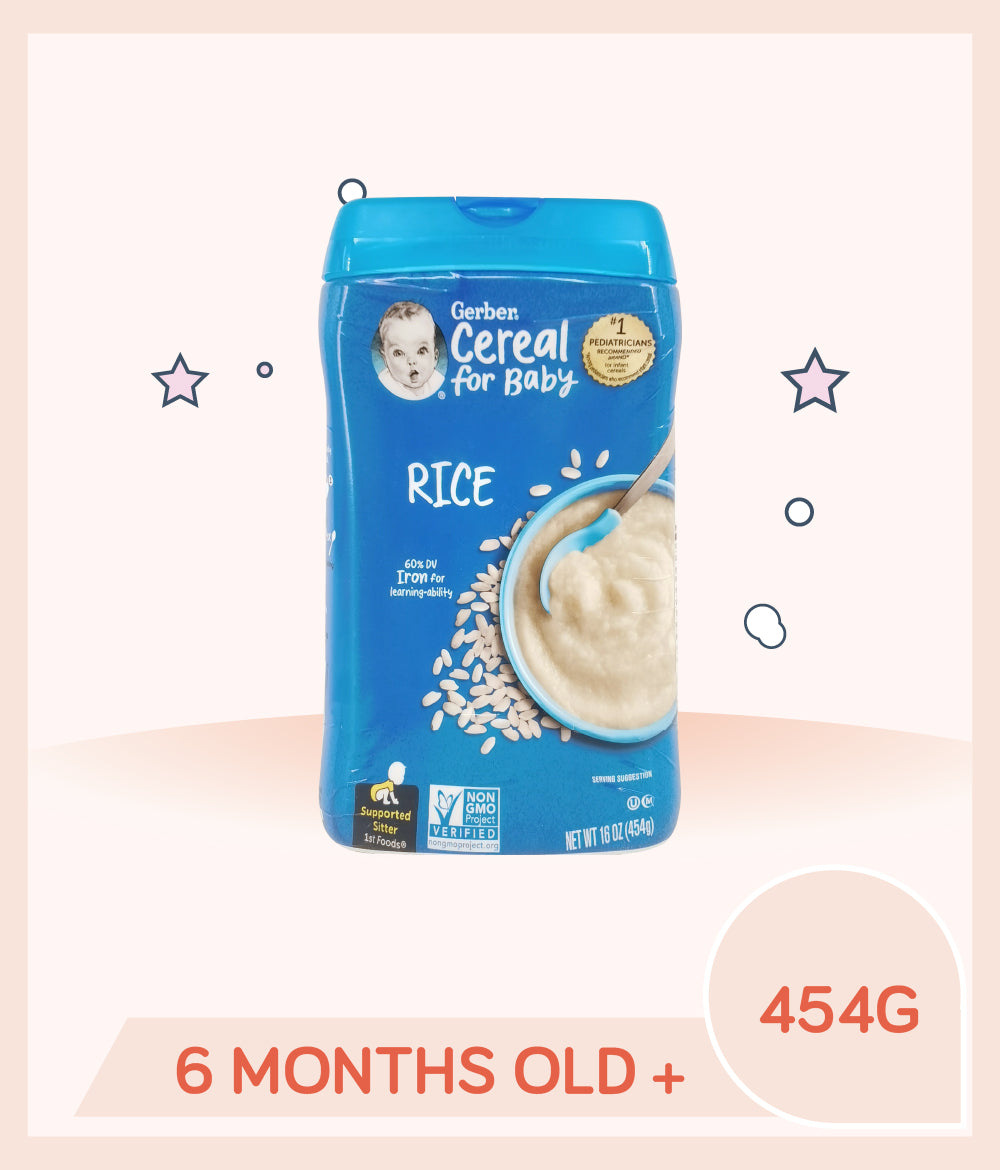Understanding Baby Constipation: The Signs
Spotting baby constipation signs early is key to helping your little one feel better. While all babies have different bowel habits, certain symptoms may indicate discomfort or digestive issues.
Infrequent Bowel Movements
While the frequency of bowel movements can vary among babies, constipation in infants is often indicated by hard stools or a decrease in bowel movement frequency. Babies normally have different patterns of bowel movements, but if your baby is having fewer bowel movements than usual and seems uncomfortable when trying to pass stool, it may be a sign of constipation.
Straining or Difficulty Passing Stools
Infrequent straining or difficulty passing stools can be signs of baby constipation. When babies have difficulty passing stools, they may strain, cry, or appear uncomfortable. Their stools may also be hard, dry, or pellet-like. It's important for parents to pay attention to signs of constipation in babies like these and seek advice from a healthcare provider as constipation can be uncomfortable for babies and may indicate an underlying issue that needs to be addressed.
Abdominal Discomfort
Tummy troubles in babies are often linked to constipation. When a baby is constipated, they may have a hard, bloated belly, cry more than usual, or draw their legs up to their chest. This abdominal pain in babies is one of the more visible symptoms of baby constipation that parents can watch for.
Loss of Appetite
Loss of appetite can be one of the early signs of baby constipation because the discomfort from constipation can make babies feel full or uncomfortable. When babies are constipated, they may not want to eat as much as usual. Additionally, the digestive system may be slowed down, leading to a decrease in hunger. Monitoring your baby's appetite and bowel movements can help you identify if constipation might be the cause of their reduced appetite. If you notice prolonged loss of appetite or other concerning symptoms, it's best to consult a healthcare professional for advice.
Remember: While baby constipation is usually manageable, persistent symptoms or changes in feeding and behavior should be assessed by a healthcare provider. Recognizing the warning signs of infant constipation ensures timely support and relief for your baby’s well-being.
Ever thought of the causes? Understand your newborn’s health condition by knowing more about the Causes of Baby Constipation and take proactive actions.
















Leave a Reply